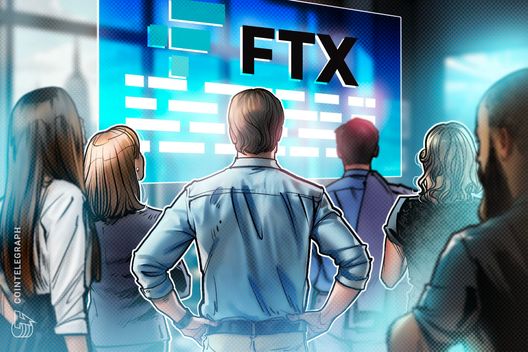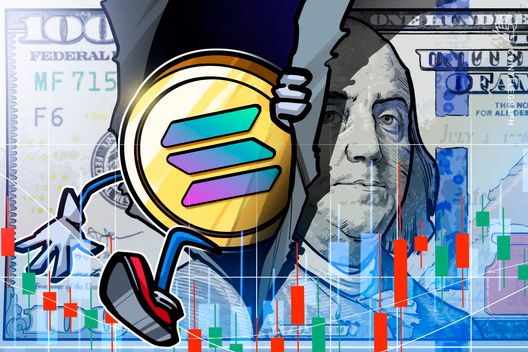In a troubling turn for those affected by the collapse of FTX, creditors are bracing themselves for significant losses. As highlighted by creditor representative Sunil, it appears that the anticipated payouts may be drastically lower than expected when recalibrated against the current market values of major cryptocurrencies like Bitcoin, Ether, and Solana.
“The reality we face is that creditors might receive only a small fraction of what they initially hoped for,” Sunil stated.
The precarious nature of cryptocurrency markets adds an extra layer of complexity to creditor payouts. With Bitcoin, Ether, and Solana experiencing fluctuations in value, the financial recovery for FTX creditors could be even more elusive. Market dynamics have proven to be volatile, raising concerns about the adequacy of funds available for distribution.
This situation underscores the broader challenges within the cryptocurrency industry, where regulatory uncertainties and market volatility continue to reshape investor expectations. As the FTX saga unfolds, stakeholders are left watching closely, hoping for changes that could benefit those impacted by this high-profile bankruptcy.
Impact of FTX Creditors’ Expected Payouts
The financial implications for FTX creditors regarding their expected payouts are significant. Here are the key points related to this situation:
- Current State of Cryptocurrency:
- Bitcoin, Ether, and Solana have fluctuating market prices.
- Current values greatly affect potential recovery amounts for creditors.
- Fraction of Expected Payouts:
- Creditors may only receive a small percentage of what they originally anticipated.
- This situation emphasizes the risk involved in cryptocurrency investments.
- Impact on Creditor Sentiments:
- Uncertainty about recovery can lead to distrust in future investments.
- Creditors may need to reassess their financial strategies moving forward.
- Influence on Market Sentiment:
- As more creditors face reduced payouts, overall market confidence may dwindle.
- This can lead to increased volatility in the cryptocurrency sector.
“The adjustment of payout expectations based on cryptocurrency market prices illustrates the unpredictable nature of digital assets.”
FTX Creditors Face Uncertain Future Amid Crypto Market Fluctuations
The recent developments surrounding FTX’s bankruptcy proceedings reveal a grim outlook for creditors, as representative Sunil indicates that the anticipated payouts may dwindle significantly when considering the current valuations of Bitcoin, Ether, and Solana. This situation underscores a critical challenge within the cryptocurrency space, where market volatility can greatly influence financial recoveries.
When compared to other recent cryptocurrency insolvency cases, such as Voyager Digital and Celsius Network, FTX’s creditors may find themselves at a disadvantage. While Voyager has pursued asset recovery strategies that include orderly sales while leveraging a more stable market position, FTX’s creditors face a precarious path marked by declining asset values. Moreover, FTX’s complex structure and the ongoing legal ramifications have further impeded the speed at which creditors might see any recovery, contrasting with the more straightforward resolutions of its competitors.
On the other hand, some creditors may find an advantage in the long-term potential of the cryptocurrencies involved. If market conditions shift favorably in the future, the value of any substantial recovery in digital assets could skyrocket, potentially offering a silver lining for those willing to hold out for better prices. However, this speculative nature also carries risks, as the fluctuating prices of cryptocurrencies like Bitcoin and Ether could deter conservative investors from remaining engaged in this recovery process.
Ultimately, the situation poses serious challenges for FTX creditors, particularly those expecting prompt resolution to their claims. As crypto markets remain unpredictable, creditors may be forced to navigate a complex landscape that could either lead to substantial gains or prolonged hardships, depending on how they adapt to these shifting dynamics.














